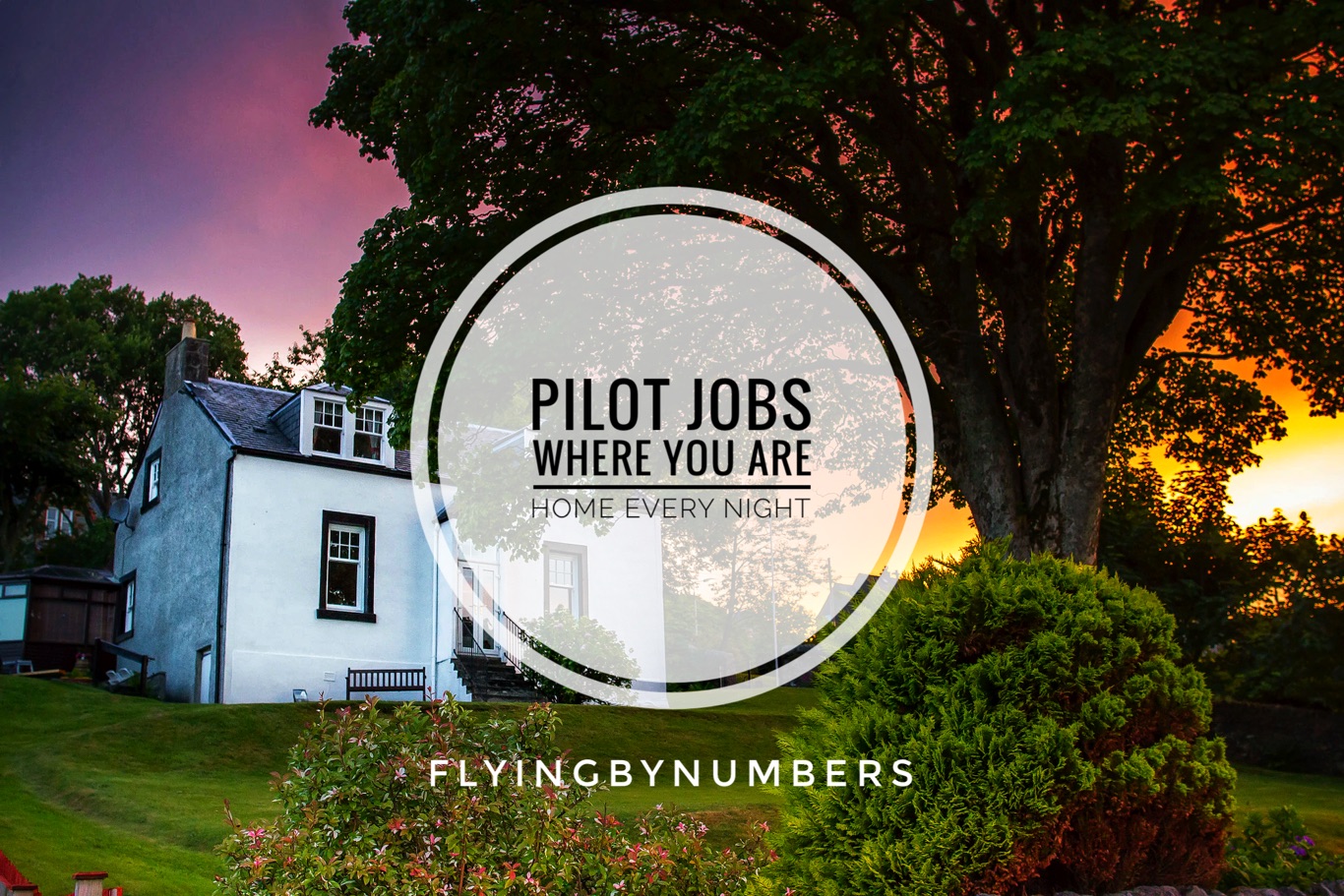The role of a commercial pilot naturally attracts people who love the idea of travel. Yet, constant timezone changes, alongside nights away from home can take a toll on your health, and not to mention, your relationship.
Living out of a suitcase is a lifestyle that’s not for everyone, after all. But, if you’ve got the bug for aviation, are there any pilot jobs that you can be home every night?
Believe it or not, there are plenty. They just typically don’t have such glamourised social media accounts… unfortunately, your bed is distinctly less instagrammable than a sun kissed beach on the other side of the world!
In this article, we’ll have a look at several options for pilots who love a night in their own bed, as much as they love flying.
8 various piloting roles that might allow you to be home every night…
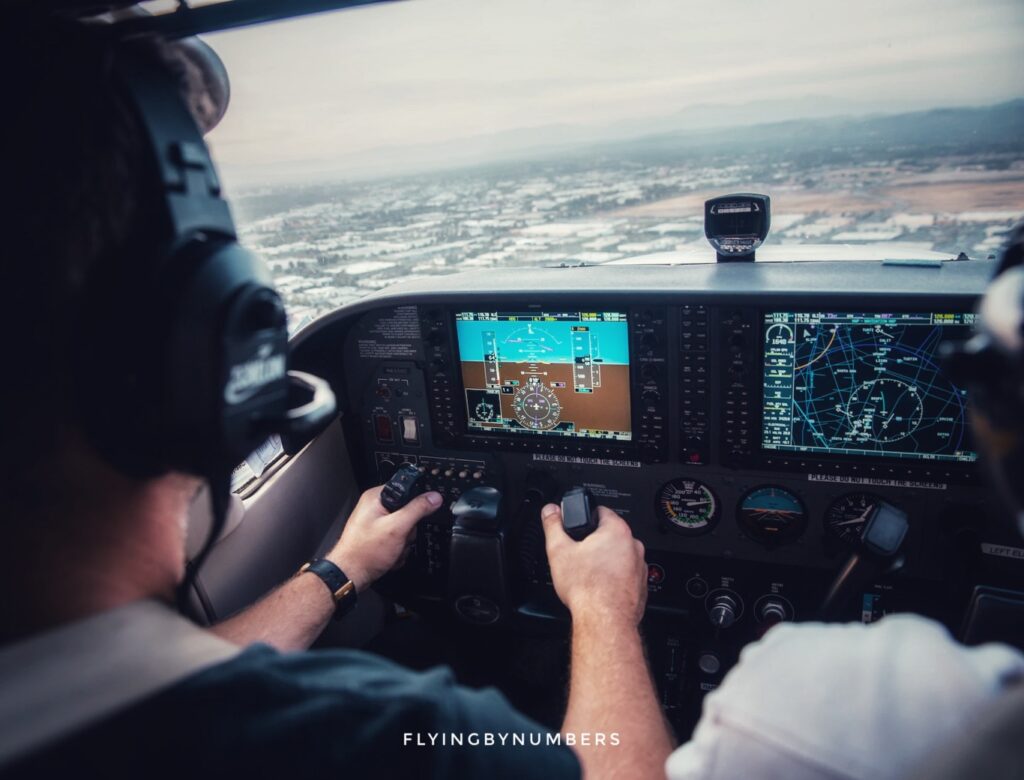
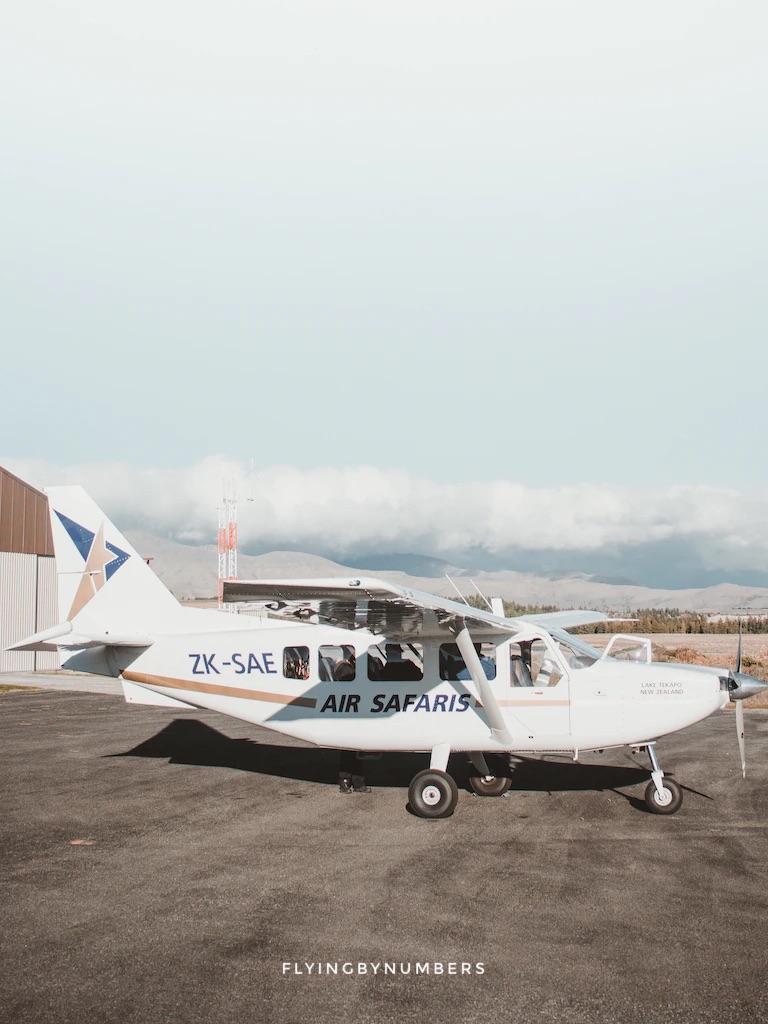
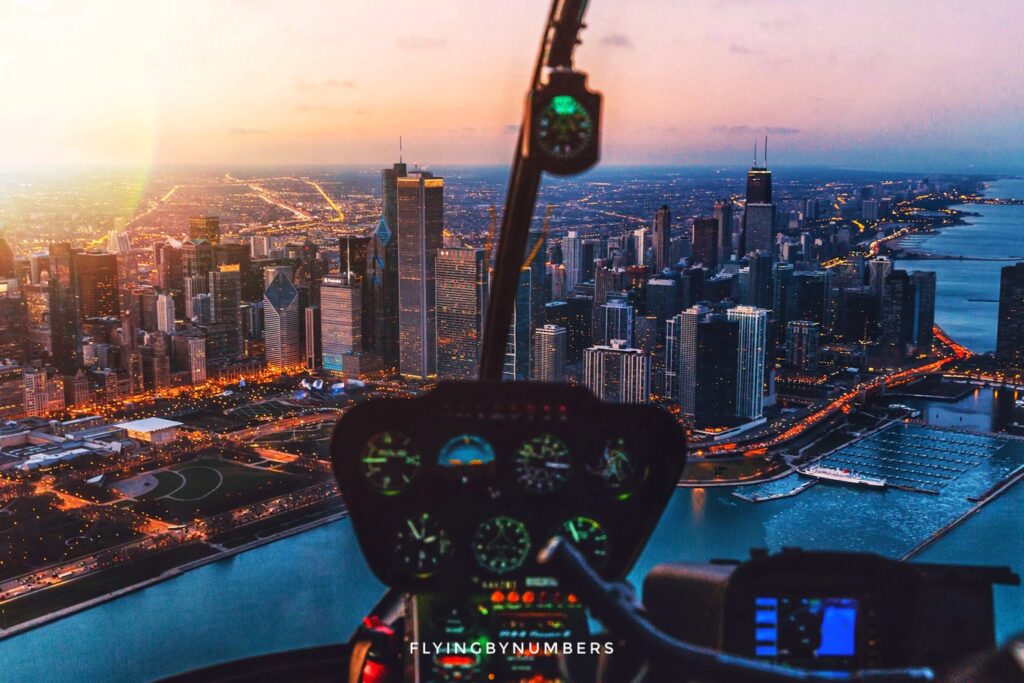
It’s important to remember each of these roles comes with its own unique demands and benefits. There is arguably more variability between these job roles than those in differing airlines.
On the face of it, all these pilot jobs offer the possibility of being home each night, however, the specifics of your schedule can vary depending on many factors. These include the size of the company you work for, its operational needs, and — like the airline jobs — your seniority within the organisation.
The trade-off for being home every night
Of course, while the roles discussed offer the chance to be home every night, they also come with certain drawbacks that potential pilots should be aware of. Here’s a summary of some main downsides…
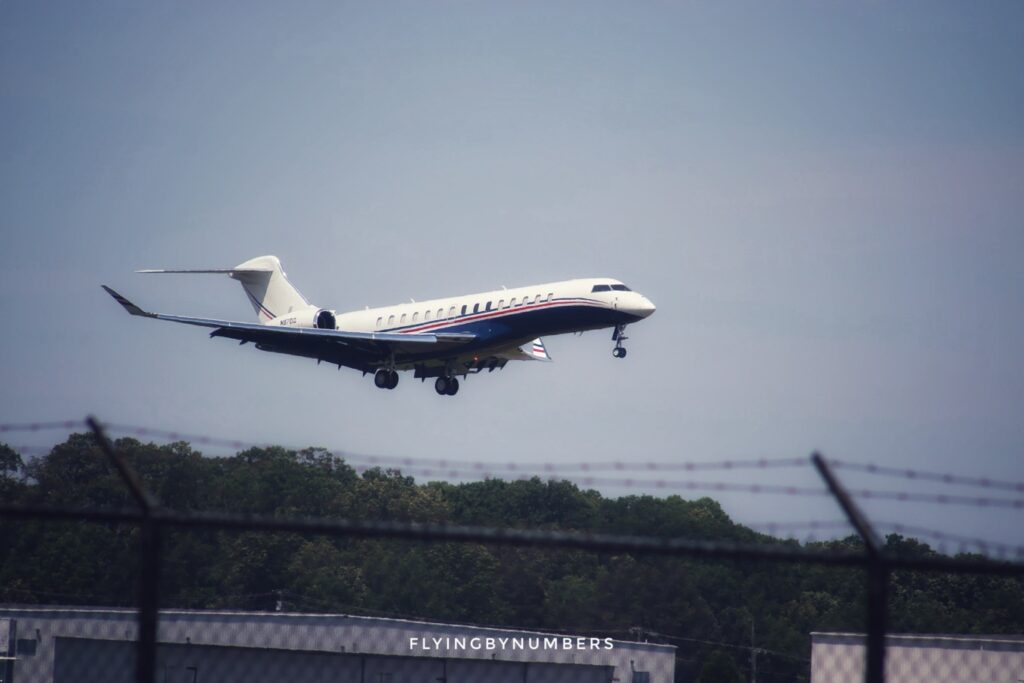
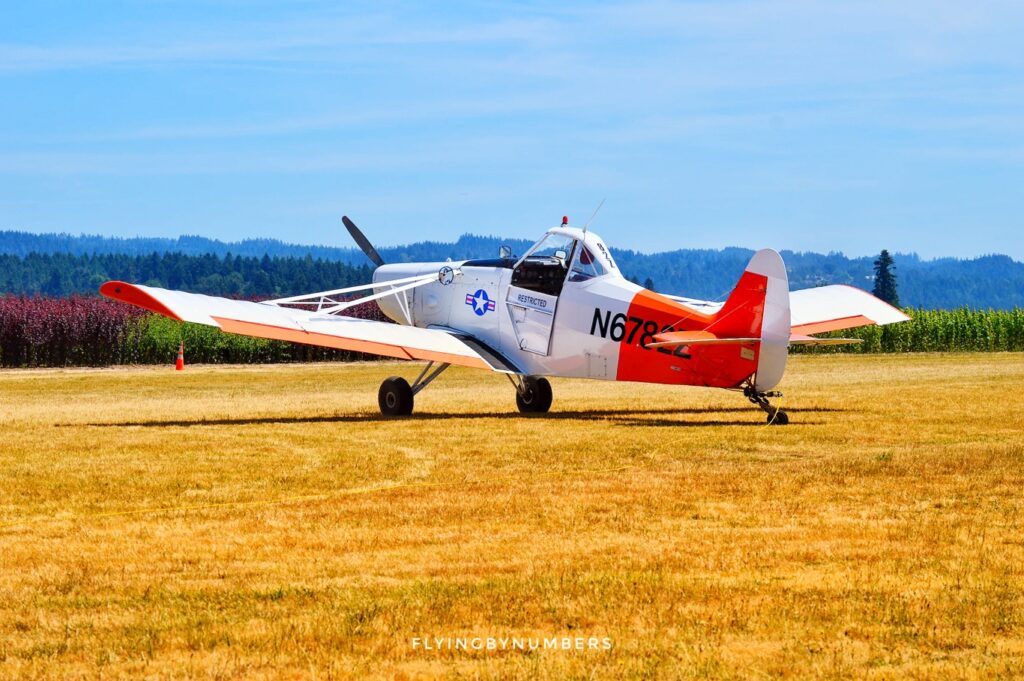
Many of the roles mentioned typically offer lower base pay than major airline pilots.
For example, regional airline pilots, flight instructors, air taxi pilots, and experience pilots start on relatively low salaries, especially at the beginning of their careers.
Over time, with increasing experience and seniority, pay can increase, but these regional jobs are typically seen as “stepping stone” jobs, so renumeration rarely reaches the levels offered by major airlines.
In some of these roles, the potential for career progression may be more limited compared to working as a pilot for a major airline.
For instance, flight instructors, agricultural pilots, and experience pilots like skydiving and tour pilots might find limited opportunities for advancement within their respective fields.
Typically, experience relates to the employer, rather than offering variation within the job role. So within each niche, e.g. helicopter tours, there will be operators pilots aspire to work for, that have better pay and conditions, and stricter hiring experience.
Job security can be a concern in virtually all of these roles — look at the Covid-19 pandemic for the most recent example of mass layoffs. It’s no secret that the aviation industry is heavily impacted by factors such as economic fluctuations, seasonal demand, and global instability. Yet for smaller operators with tight margins, an additional challenge of company stability is added into this mix.
For instance, corporate or charter pilots’ employment can heavily depend on the financial health of the client or the charter company. Oil rig transport pilots expect to be laid off in times of low oil prices, agricultural pilots often face issues with seasonal work, and job security for experience pilots can depend on tourism rates.
It’s not all bad, though. Despite this, there are some niche roles for pilots where job security is arguably more stable than the airlines. While difficult to enter, pilots that work in law enforcement or medical roles arguably have more job security than those at smaller airlines.
While these roles regularly allow for pilots to spend nights at home, they can also involve irregular or long working hours. Medical/EMS pilots, law enforcement pilots, and sometimes corporate pilots may work on-call or in shifts, which can lead to unpredictable schedules, even if they are home each night.
There is a trade-off between time away from home and spending nights in your own bed. Typical flying jobs offer a fixed roster pilots can plan around, versus the guarantee of nights at home but irregular shift work and frequent on call days.
While unstable rosters can plague smaller airlines, at major airlines with good roster stability, these nights away from home may be preferable to disruptive shift work patterns.
Certain roles, like EMS or law enforcement pilots, can come with high levels of stress due to the critical nature of their missions.
While airline pilots will deal with their fair share of emergencies, by definition, emergency response pilots will face tragedy and high-stress situations on a far more regular basis.
Additionally, skydiving or agricultural pilots may face physical stress from the demanding flight manoeuvres required in their job. While pilot retirement ages differ around the world — aging remains the same! And it’s no surprise to see that jobs with demanding hands-on flying have an age profile that skew lower.
These roles might not come with the perceived glamour or social prestige associated with being a long-haul airline pilot. Not to mention the lack of perks.
Some of these roles provide healthcare and pensions, but there is a large amount of variability depending on company size and location. Equally, none of the roles provide the same opportunities for discounted international travel or the chance to fly large, state-of-the-art aircraft that jobs at major airlines bring.
At Flyingbynumbers, we believe that job satisfaction is hugely important, but job satisfaction doesn’t pay the bills!
Summary
Exploring the world through continuous travel is a highlight for many aviators. However, there are plenty of pilots who value nights in their own bed!
For those with a love of flying — but without the love of being away from home — surprisingly, there are plenty of options. Ranging from law enforcement, crop dusting to flight instructing, these jobs range between typical business hours and shift working options. One thing they all have in common though, pilots will have zero to minimal nights away in hotels, returning home each day like a more traditional job.
With this compromise, comes several trade-offs. Typically, these jobs pay less, and have less job security and perks in comparison to jobs within the airline industry.
However, while these are potential downsides, it’s important to remember that job satisfaction is highly personal and depends on many factors beyond pay and career progression. For some pilots, being able to sleep in their own bed each night — rather than sleeping on the plane! — and maintain a consistent schedule might outweigh these disadvantages.
